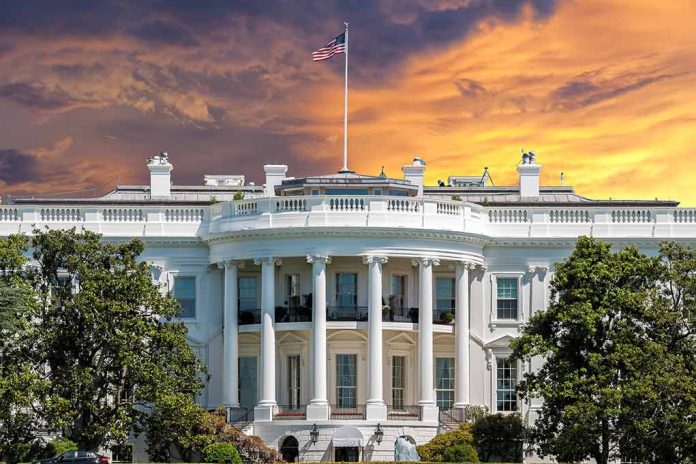
The Trump administration has reversed its decision to cut funding for Radio Free Europe/Radio Liberty, pausing a legal battle but leaving the door open for future termination.
Top Takeaways
- Kari Lake, representing the US Agency for Global Media, withdrew the termination of grants for Radio Free Europe/Radio Liberty, ending a lawsuit temporarily.
- A federal judge had previously blocked the administration’s efforts to cut funding, ruling the action was likely unconstitutional.
- The government has approved $7.4 million in grant funding for disbursement to continue RFE/RL’s operations.
- The agency maintains the authority to terminate the grant in the future if deemed appropriate under the law.
- RFE/RL reaches nearly 50 million people across 23 countries, providing independent news in regions with censorship and propaganda.
Legal Victory for International Broadcaster
The Trump administration faced a significant setback in its efforts to defund Radio Free Europe/Radio Liberty when US District Court Judge Royce Lamberth granted a temporary restraining order blocking the funding cuts. In his ruling, Judge Lamberth emphasized the broadcaster’s critical role in global information distribution, particularly in regions where independent media faces severe restrictions. This legal challenge represented just one of several facing the administration over its attempts to dismantle various US-backed international media outlets.
Following the court’s intervention, Kari Lake, a senior adviser to President Trump who oversees the US Agency for Global Media (USAGM), officially withdrew the termination notice. Government attorneys subsequently disclosed that $7.4 million in grant funding had been approved for disbursement to RFE/RL, allowing the broadcaster to maintain its operations for the immediate future. However, the administration has explicitly reserved the right to terminate the funding again if it deems such action appropriate and legally defensible.
National Security Implications
Radio Free Europe/Radio Liberty has established itself as a crucial component of American soft power and foreign policy strategy. The broadcaster reaches nearly 50 million people weekly across 23 countries, offering independent news coverage in regions where government censorship and propaganda dominate the media landscape. These operations directly support US interests abroad by promoting democratic values and countering misinformation campaigns from adversarial governments.
Critics of the funding cuts argued that shutting down these broadcasters would primarily benefit authoritarian regimes that have long sought to silence outside voices and control information flow to their citizens. Several foreign policy experts expressed concern that abandoning these platforms would create an information vacuum quickly filled by state-controlled media from countries like Russia and China, undermining decades of American influence and credibility in strategically important regions.
Broader Pattern of Media Challenges
The dispute over Radio Free Europe funding is part of a larger pattern of challenges facing US government-supported international media organizations under the current administration. Similar lawsuits have been filed by Voice of America journalists and the Open Technology Fund, which supports technologies that counter internet censorship worldwide. Most recently, Radio Free Asia joined the legal fight, claiming its funding has also been unlawfully terminated despite its critical role in countering Chinese Communist Party propaganda throughout Asia.
While the immediate funding crisis for Radio Free Europe has been averted, the Justice Department’s statements make clear that this reprieve may be temporary. Government attorneys specifically noted that while the grant termination has been withdrawn, the legal position of the administration is that the matter is now moot, allowing them latitude to revisit the issue. For now, the broadcaster’s chief executive, Stephen Capus, has expressed cautious optimism, calling the decision an “encouraging sign” that operations can continue as Congress intended.
Sources:
- Trump administration backs down in legal fight to shutter Radio Free Europe
- Trump admin restores funding for Radio Free Europe, Open Technology Fund after lawsuits
- Kari Lake Withdraws Termination of Radio Free Europe’s Grant, Ending Legal Dispute for Now




